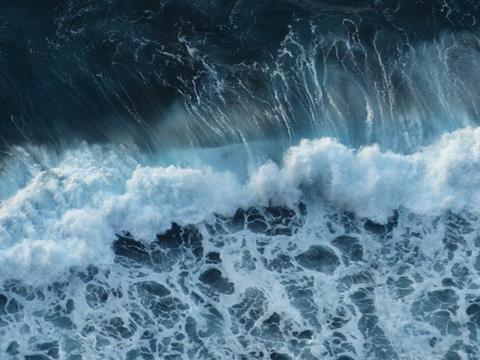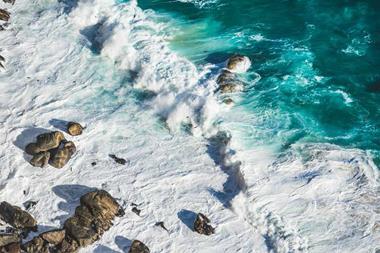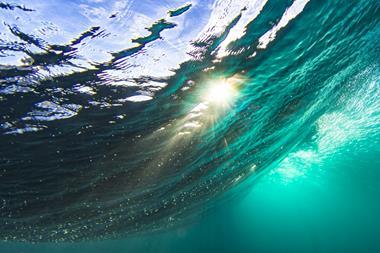Transformations within the blue economy have been gaining increasing interest among investors, with the annual ocean economic value currently estimated at €2.3trn as highlighted in a report aimed at helping institutional investors understand their risk exposures to the growing opportunity.
A sustainable and growing blue economy can “provide investment opportunities and a significant environmental return” for investors spanning renewable energy, shipping, tourism, fishing and blue technology, according to the report, which was commissioned by financial consultancy Hymans Robertson and The European Sustainable Investment Forum.
Additionally, defined benefit (DB) and defined contribution (DC) pension trustees investing in the blue, or ocean, economy need a thorough risk-management process.
This risk assessment process should, the report added, help schemes understand which opportunities align best with their goals and successfully navigate the dual impacts of climate risk and nature loss.
The report points to three main steps trustees should take to understand how opportunities align with their goals:
- look at the relevant data, while following the Taskforce on Nature-related Financial Disclosures (TNFD) guidance and LEAP framework;
- exclude companies involved in activities that harm the blue economy, such as pollution and overexploitation, by implementing a negative screening process;
- prioritise investments in companies that emphasise transparency and traceability in their supply chains to encourage and ensure sustainable practices.

The report also urges investors to use their voting power, adding that wider engagement should be used to encourage conservation and sustainable practices. Additionally, trustees should work closely with their investment managers and portfolio companies to limit harmful impacts and identify opportunities, the report said.
A separate study previously published by The High Level Panel for A Sustainable Ocean Economy (Ocean Panel) found that the overall rate of return on investment (ROI) across four areas, including conservation and restoration of mangrove habitats – an area of opportunity also flagged in the Hyman Robertson report – can be very high, with sustainable ocean-based investments yielding benefits at least five times greater than the costs.
According to the same research paper, investing €1.85-3.4trn globally across the four areas it highlights from 2020 to 2050 would generate €7.5-21trn in net benefits (average €13trn), implying a rate of ROI of 400-615%.
André Ranchin, investment consultant and biodiversity lead at Hymans Robertson, said: “A healthy ocean is a powerful economic engine supporting many sectors. The ocean or blue economy comprises economic activities including marine renewable energy, shipping, tourism, fishing, aquaculture and blue technology.”
He added: “The annual economic value of the blue economy is estimated at €2.3trn, ranking oceans as the equivalent of the seventh-largest economy by GDP, with ocean assets conservatively estimated at €22trn.”
Looking for IPE’s latest magazine? Read the digital edition here























